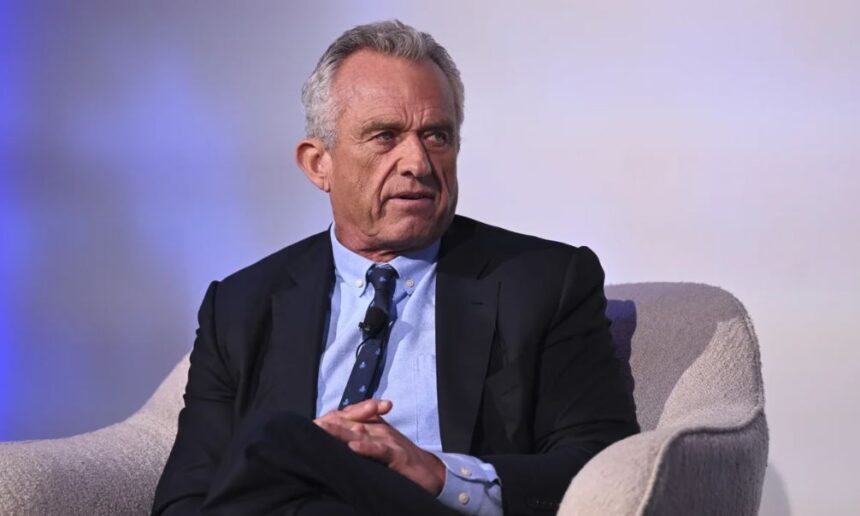Introduction
Kennedy Funding Lawsuit, a well-known direct private lender specializing in commercial bridge loans, has faced several lawsuits over the years. These legal disputes have raised questions about the company’s lending practices, contractual obligations, and the enforceability of their agreements. This article provides an in-depth look at these lawsuits, the key issues involved, and the broader implications for private lending.
Overview of Kennedy Funding
Kennedy Funding Lawsuit has established itself as a leading direct private lender, focusing on commercial bridge loans. These loans cater to various purposes, including:
- Real Estate Acquisitions
- Construction Projects
- Land Development
- Workouts and Refinancing
With over $4 billion in closed loans, Kennedy Funding holds a significant position in the private lending market. However, its operations have not been free from controversy.
Notable Lawsuits Involving Kennedy Funding
Kennedy Funding Lawsuit, Inc. v. Lion’s Gate Development, LLC
In this case, Kennedy Funding (KFI) filed a complaint against Lion’s Gate Development, LLC, alleging a breach of contract related to a loan commitment. Lion’s Gate contended that the loan commitment was:
- Illusory: Lacking clear and enforceable terms.
- Unconscionable: Containing terms that were excessively unfair.
- Lacking Consideration: Questioning the mutual exchange of value.
The court denied KFI’s motion for summary judgment and enforced the waiver of the jury trial clause. Lion’s Gate’s motion for summary judgment was also denied, requiring further legal proceedings to resolve the factual disputes.
Kennedy Funding v. Ruggers Acquisition and Development, LLC
This lawsuit arose from a commercial lending transaction. The disputes revolved around:
- Loan Agreement Terms: Ambiguities in the terms and conditions.
- Execution of the Agreement: Issues with compliance and performance.
The case highlighted challenges in enforcing private lending contracts, emphasizing the need for clear and precise documentation.
Kennedy Funding, Inc. v. Greenwich Landing, LLC
In a Connecticut case, Kennedy Funding sought to foreclose a mortgage securing a debt. The court addressed:
- Standing to Enforce: Whether Kennedy Funding, acting as an agent, could initiate the lawsuit for a disclosed principal.
- Foreclosure Proceedings: The validity of the mortgage and the enforceability of the debt.
The court upheld Kennedy Funding’s standing to proceed with the foreclosure based on principles of agency law.
Key Allegations and Concerns
The lawsuits against Kennedy Funding Lawsuit have brought several issues to light, including:
- Breach of Contract: Claims that Kennedy Funding failed to adhere to agreed-upon terms.
- Unconscionability: Allegations that loan agreements included terms that were excessively unfair or oppressive.
- Lack of Consideration: Questions about the validity of contracts due to insufficient mutual exchange of value.
These concerns underscore the complexities of private lending and the importance of transparent and fair contractual agreements.
Implications for Private Lending
The legal disputes involving Kennedy Funding Lawsuit highlight critical lessons for both lenders and borrowers:
For Lenders:
- Ensure clear and enforceable loan agreements.
- Avoid overly aggressive or ambiguous terms.
- Maintain transparency in loan commitments.
For Borrowers:
- Carefully review loan terms and conditions.
- Seek legal counsel before signing agreements.
- Understand the implications of waivers and clauses.
Conclusion
The Kennedy Funding lawsuits reflect the challenges and risks inherent in private lending. While Kennedy Funding has facilitated numerous loans, these disputes underscore the need for:
- Clear Documentation: To prevent misunderstandings and legal conflicts.
- Fair Practices: To build trust and credibility in the lending market.
- Due Diligence: By both parties to ensure mutual understanding and compliance.
Private lending remains a valuable financial tool, but its success depends on ethical practices and transparent agreements.




